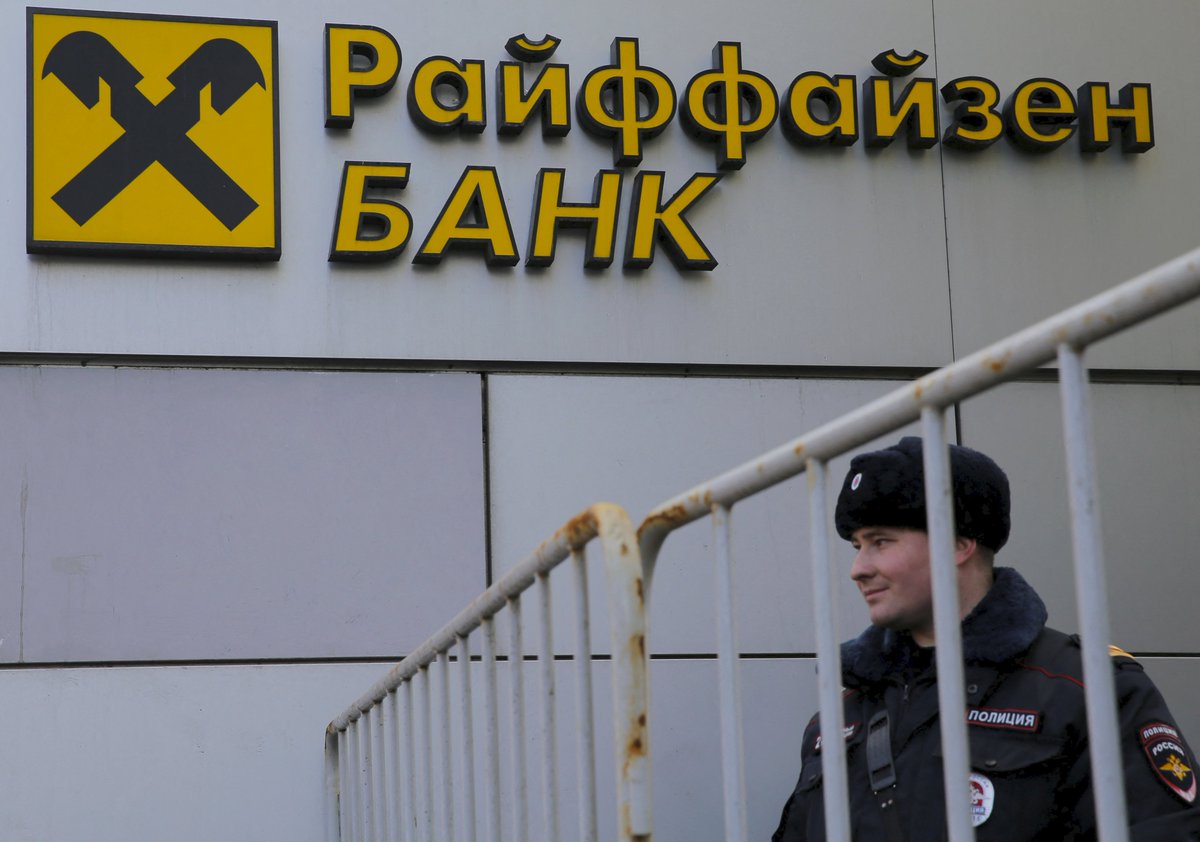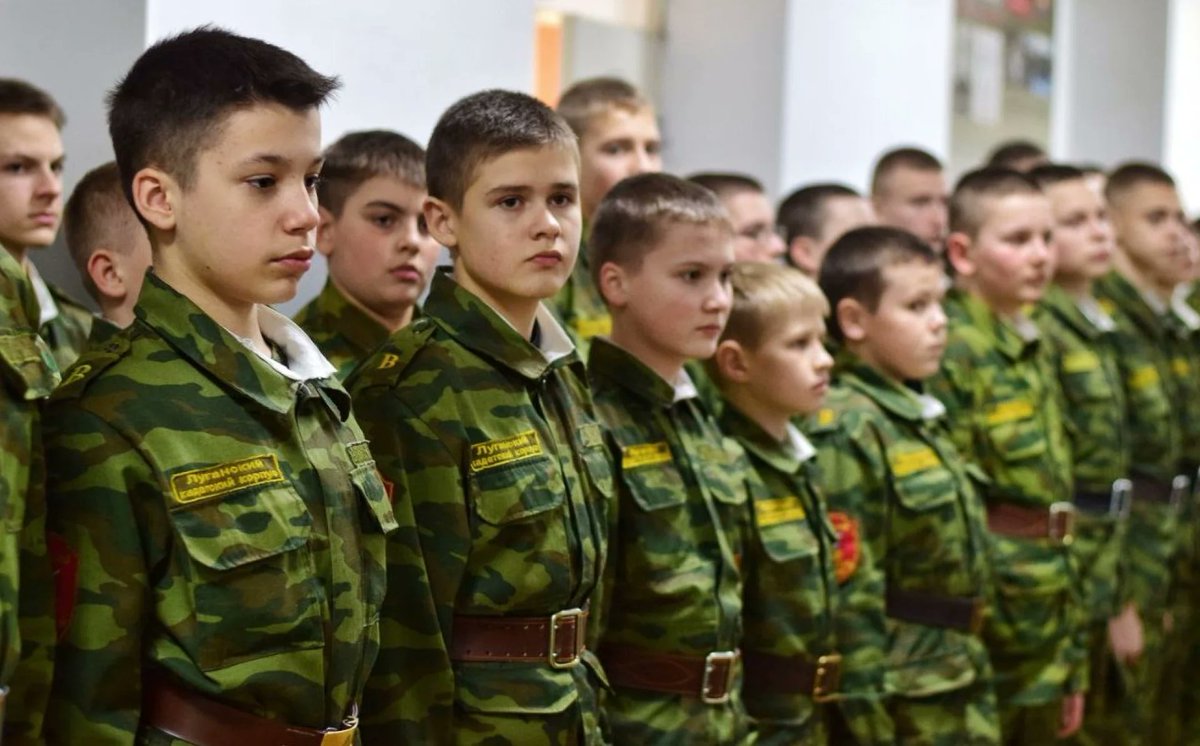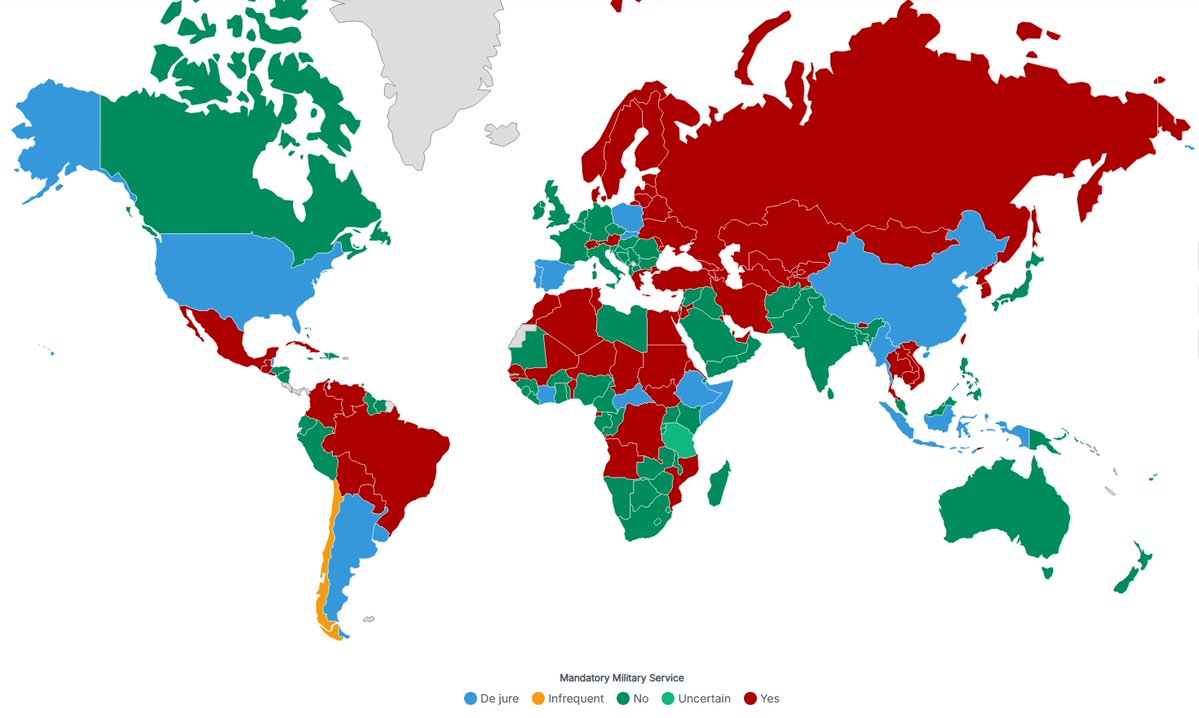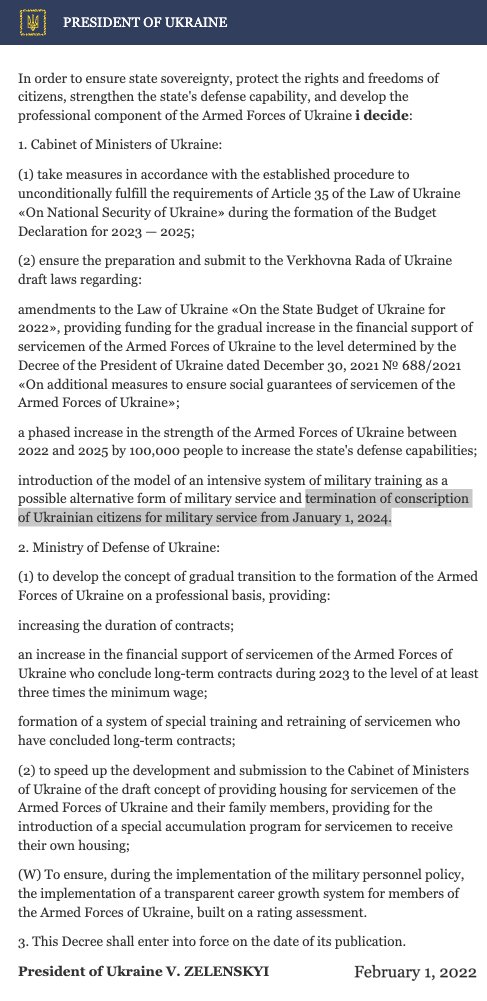In today's #vatniksoup, I'll be introducing a bank well-known in both Austria and Russia: Raiffeisen Bank International and its Russian subsidiary, AO Raiffeisen. It is one of the few foreign banks that still continues business-as-usual in Russia.
1/12
1/12

The Russian branch of Raiffeisen was founded in 1996 and was expanded massively after the takeover of Russia's Impexbank in 2006. A year later they had become the largest bank that deals with foreign capital (seventh largest overall) in Russia.
2/12
2/12

During the early 2000's Raiffeisen was opening new branches around Russia, including St. Petersburg, Samara, Yekaterinburg, Novosibirsk and Krasnodar. After 2018 they focused on digital expansion, and in 2021 they had digital presence in over 300 cities.
3/12
3/12

The customer satisfaction at Raiffeisen is also high - in 2021, the American Forbes called it the "best bank of Russia", and in 2018 Euromoney magazine referred to it as "The best bank for private banking services for wealthy customers in Central and Eastern Europe".
4/12
4/12

After Russia's full-scale invasion of Ukraine in Feb 2022, many Western companies and banks decided to leave the Russian market. In general, when banks leave a country en masse, it can have devastating consequences on its economy, ...
5/12
5/12

...which is why Putin has been doing everything in his power to disrupt these departures. Nowadays all big exits have to be signed by Putin himself.
Many Western banks left Russia actually already in 2014, after the annexation of Crimea.
6/12
Many Western banks left Russia actually already in 2014, after the annexation of Crimea.
6/12

But some European banks, including Raiffeisen and Italian Unicredit, saw the opportunity to make some money from the war, and decided to stay.
Staying and continuing business-as-usual in Russia has been a pretty profitable deal for Raiffeisen: around 60% of its profits,...
7/12
Staying and continuing business-as-usual in Russia has been a pretty profitable deal for Raiffeisen: around 60% of its profits,...
7/12

...a total of 2 billion EUR, came from Russia. The bank holds more than 20 billion EUR of Russian money.
Raiffeisen's stay in Russia has faced some challenges lately, though - recently Russia started granting loan payment holidays to their troops who fight in Ukraine.
8/12
Raiffeisen's stay in Russia has faced some challenges lately, though - recently Russia started granting loan payment holidays to their troops who fight in Ukraine.
8/12

The banks that grant these loans must write off the entire debt if these soldiers are either maimed or killed on the battlefield. Between Sep and Dec of 2022, these write offs were worth 800 million EUR. By granting these loans, both Raiffeisen and Unicredit are complicit..
9/12
9/12

...in funding Russia's barbaric invasion. In Jan 2023, US Treasury launched an investigation concerning potential breach of Western sanctions. In addition, The European Central Bank has been pushing Raiffeisen to leave the profitable Russian market.
10/12

10/12


On 30 Mar 2023, Raiffeisen called its critics "morally arrogant", and the moralizing from a "risk free zone of comfort". It's worth noting that one of the most sound critics of Raiffeisen has been President Zelenskyy, who hardly operates from a "risk free zone of comfort".
11/12
11/12

Support my work:
Past soups: https://t.co/9k5rQx4cgb
Related soups:
Austria: https://t.co/9LE8SBskCYbuymeacoffee.com/PKallioniemi
vatniksoup.com
Past soups: https://t.co/9k5rQx4cgb
Related soups:
Austria: https://t.co/9LE8SBskCYbuymeacoffee.com/PKallioniemi
vatniksoup.com
https://twitter.com/P_Kallioniemi/status/1622546510398255108
• • •
Missing some Tweet in this thread? You can try to
force a refresh
































